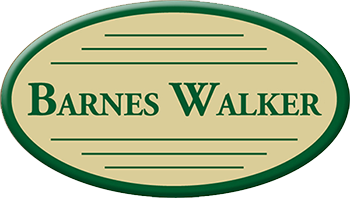- posted: Nov. 20, 2015
- Legal News & Articles
Frequently, we are contacted by individuals who have heard about the tax advantages of a 1031 exchange, but are often mistaken or mislead about some of the basic mechanics. So, what exactly is a 1031 exchange? In basic terms, I.R.C. 1031 allows for the deferral of capital gains tax on the sale of property held for business or investment purposes, if the property is exchanged or swapped for other “like-kind” property. This article will focus primarily on the exchange of real property, but note that certain types of personal property can also be exchange for other personal property.
In a 1031 exchange, the payment of capital gains tax may be postponed until the property acquired in an exchange is subsequently sold or transferred in a later taxable transaction and not further exchanged. Moreover, capital gains tax may be avoided altogether if the property acquired by the taxpayer in an exchange was continuously held for business or investment purposes until the taxpayer’s death. As such, a 1031 exchange is not only great for investment purposes, but can potentially be a useful tool for estate planning. If you’re considering a 1031 exchange, here are three important basics of an exchange that are often forgotten or overlooked:
1. The “like-kind” standard for real property is very flexible. The like-kind requirement under I.R.C. 1031 is very broad for real property. For instance, vacant land can be swapped for a warehouse, and a condominium can be swapped for a ranch. Note, however, that real property held as your primary residence generally will not qualify for a 1031 exchange.
2. You don’t need to find someone who wants to “swap” with you. Most individuals mistakenly believe that the exchange needs to be simultaneous, or that they have to find a seller willing to exchange his/her property with their own property. I.R.C. 1031 allows for a certain type of non-simultaneous exchange, where the taxpayer can sell a piece of real property (known as the “relinquished property”), identify a new property (known as the “replacement property”) within 45 days, and then use the proceeds from the sale, which must be held by a third party (known as the “qualified intermediary”), to purchase the identified replacement property within 180 days of the original sale.
3. In a 1031 exchange, gain is tax-deferred, and generally, not tax-free. A common misconception about 1031 exchanges is that they are absolutely tax-free. In actuality, a 1031 exchange allows the taxpayer to postpone the payment of capital gains tax until the taxpayer decides to later sell the property and receive the proceeds from the sale, instead of further exchanging the property. As stated above, the tax may potentially be avoided altogether if the taxpayer held the property until death.
There are several other ways to structure a 1031 exchange, and everyone’s situation is unique. As such, we strongly recommend consulting an attorney to determine whether a 1031 exchange is right for you, and to prepare any of the necessary documents for your exchange.

